The battle over Tata Trusts continues.
After TVS chairman emeritus Venu Srinivasan was unanimously reappointed to the board of Tata Trusts, which controls two-thirds of a stake in Tata Sons, all eyes were watching to see if the same would happen with Mehli Mistry.
Now, we know. Mistry, a close confidant of the late Ratan Tata, was ousted from the board last week. Mistry was leading a camp that opposed Tata Trusts chairman Noel Tata, who took over after the death of Ratan, Srinivasan and Vijay Singh, in a battle for the soul of the conglomerate.
However, Mistry isn’t going quietly. There are reports that Mistry has taken Tata Trusts to the Charity Commissioner. But what do we know? Why has Mistry approached the Charity Commissioner instead of the courts?
Let’s take a closer look.
What we know
Mistry, the executor of Ratan’s will, has appealed the decision by the Tata Trusts board not to extend his tenure before the Maharashtra Charity Commissioner.
Noel, Srinivasan and Singh last week all voted against extending Mistry’s tenure on the board. The development came after the Mistry camp had voted en masse against reappointing Singh to the Tata Trusts board at the previous meeting in September.
Noel had at the time opposed Mistry’s nomination to the Tata Trusts board. Mistry’s term on the Tata Trusts board, which began in 2022, expired on October 28.
Singh, a Vice-Chairman of Tata Trusts, described the development as “unprecedented” and said it went against Tata’s long-held view that decision-making must be made via “consensus and unanimity”.
“The idea of voting on any matter in Tata Trusts is unprecedented. Ratan Tata was very firm that there should always be consensus and unanimity on issues… and perhaps we are now in a different era,” Singh told Indian Express.
Sources said the notice had been sent to all the trustees on Friday. Mistry wants the opportunity of seeking a hearing before the Commissioner should the Trust now initiate proceedings to have him removed or make any changes to the Tata Trusts.
Mistry cited a resolution that the Tata Trusts board passed in October 2024, shortly after Ratan’s death, which stated that trustees whose terms expire will be reappointed automatically for life. The resolution stated, “…on the expiry of tenure of any trustee, that trustee will be re-appointed… without any limit being attached to period of tenure… in accordance with the law.”
However, sources have said that the Mistry camp will argue that these reappointments are “required to be unanimous, per past practice” and that “renewal for life requires unanimous approval”.
They will likely argue the interpretation of lifetime appointments was legally flawed and that they can reject Mistry’s reappointment as per their fiduciary duties. In fact, Noel, Srinivasan and Singh have already written as much in their rejection letters.
Mistry has appealed to the Charity Commissioner rather than the courts because it is this office that deals with legal issues when it comes to philanthropic groups like the Tata Trusts in Maharashtra. It has been given the legal authority to do so under the Maharashtra Public Trusts Act, 1950 . It is the first judicial forum when it comes to charitable groups.
What happens next?
The Tata Trusts must now file a “change report” with the Charity Commissioner before making any alterations to the composition of the board.
Under the rules of the Maharashtra Public Trusts Act, 1950, the Tata Trusts must alert the Assistant Charity Commissioner in the Public Trusts Registration Office about the development.
This must be done under the provisions of Section 22 of the Maharashtra Public Trusts Act, 1950. While it hasn’t officially happened, sources have said that it is being worked on.
After the Tata Trusts files the report, the Commissioner’s office will then issue a notice to Mistry asking if he agrees with the move or whether he wants to challenge it.
Next, a hearing may be held within three months. Here, both sides will be given an opportunity to argue their respective points. The idea behind this is to protect the petitioner and grant him or her an opportunity to present their case.
“In the event they want to, the matter is heard before the Assistant/Deputy Charity Commissioner, as the case might be. The said officer will hear both parties and give its order, which can be contested before the Bombay High Court,” an official told Economic Times.
“The Charity Commissioner is a quasi-judicial authority. It strictly goes by the Trust Deed of the said Trust, their constitution and bye-laws.”
Tata Trusts will only be able to make the desired changes after the approval of the Charity Commissioner.
A senior Supreme Court lawyer told The Times of India that Mistry will likely argue that the October 2024 resolution remains binding under the terms of the Maharashtra Public Trusts Act, 1950, and the Trusts’ deed. The lawyer said that the Tata Trusts will likely have to call a board meeting and unanimously revoke the resolution.
But others say the Charity Commissioner can only play a limited role.
As senior counsel Shekhar Naphade told The Times of India, “Jurisdiction of the Charity Commissioner is very limited and confined only to the genuineness, and it is not for the Charity Commissioner to decide the wisdom or its propriety, but if it leads to a deadlock or issues of any alleged maladministration, the Charity Commissioner can step in. Otherwise, the Trust is entitled to manage its own affairs in terms of its Trust Deed.”
It remains to be seen what new twists the battle for control of the Tata Group takes next.
With inputs from agencies


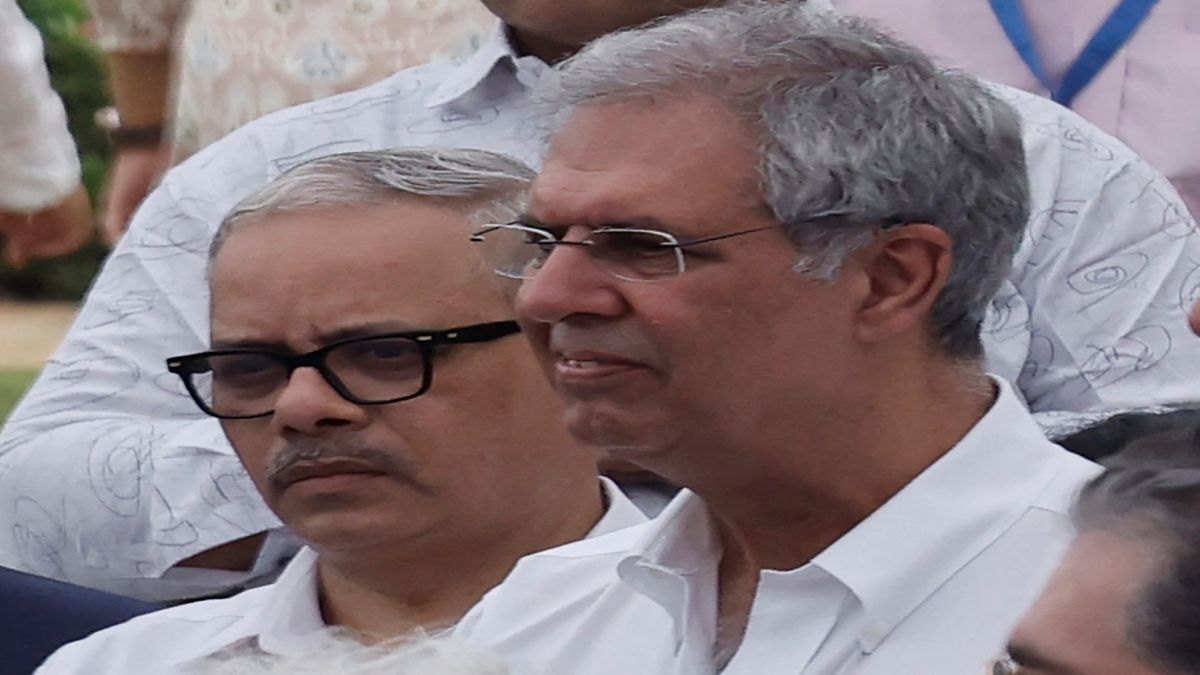)

)
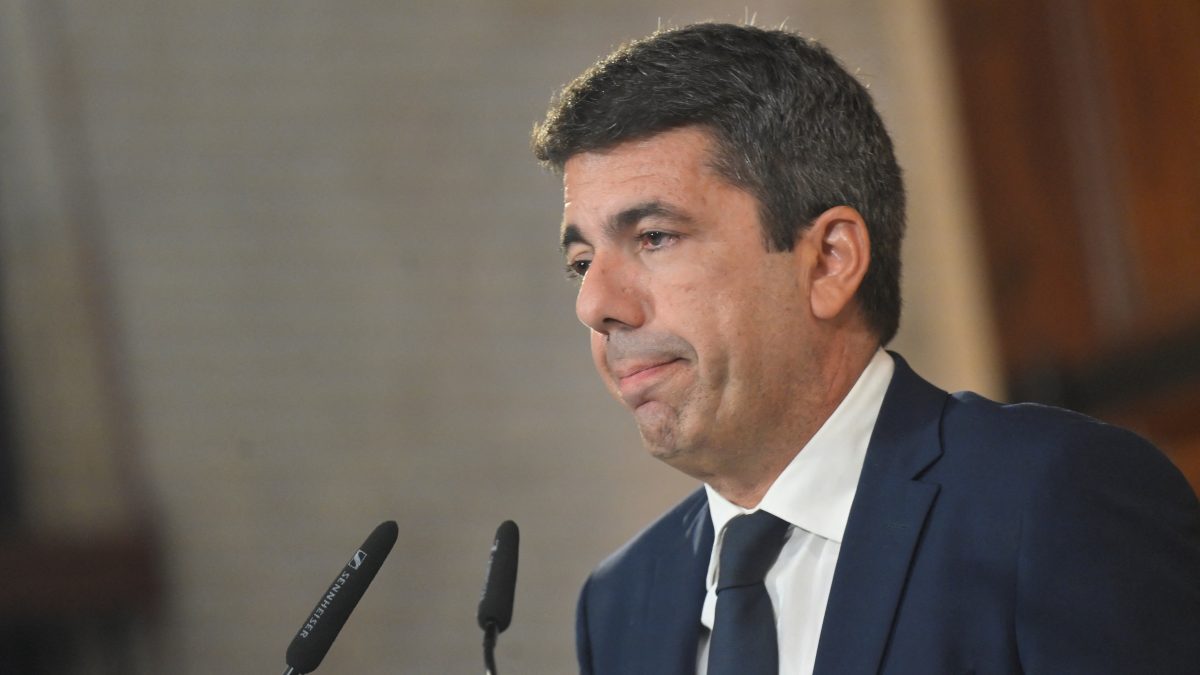)
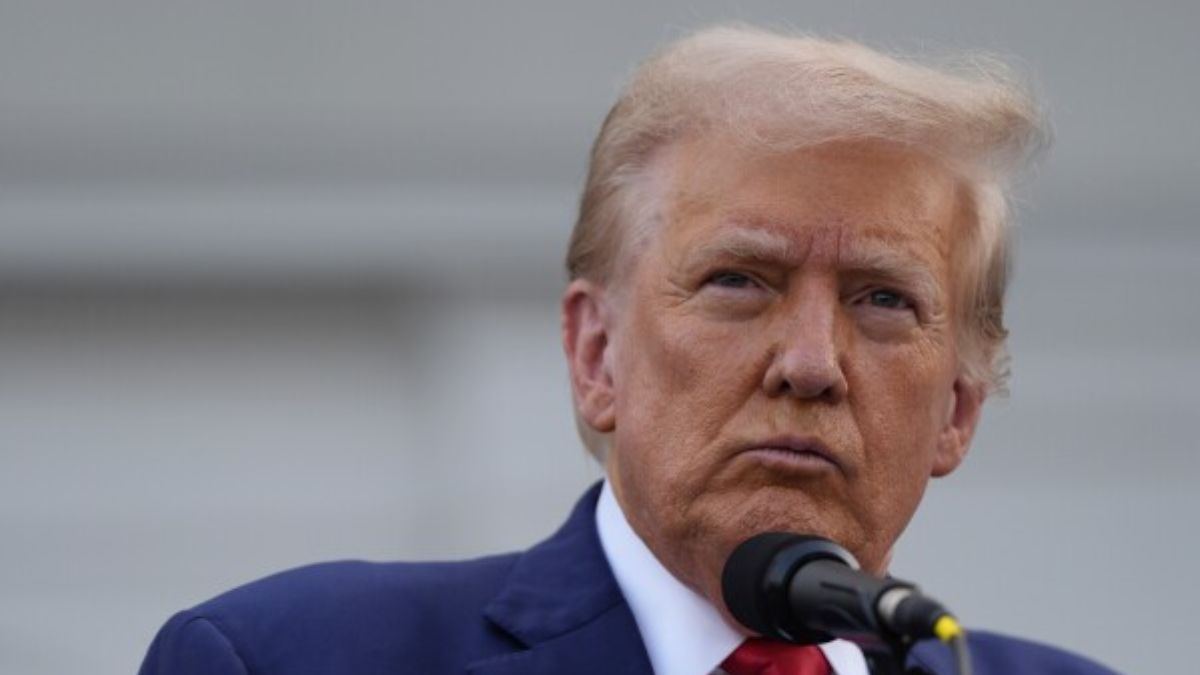)
)
)
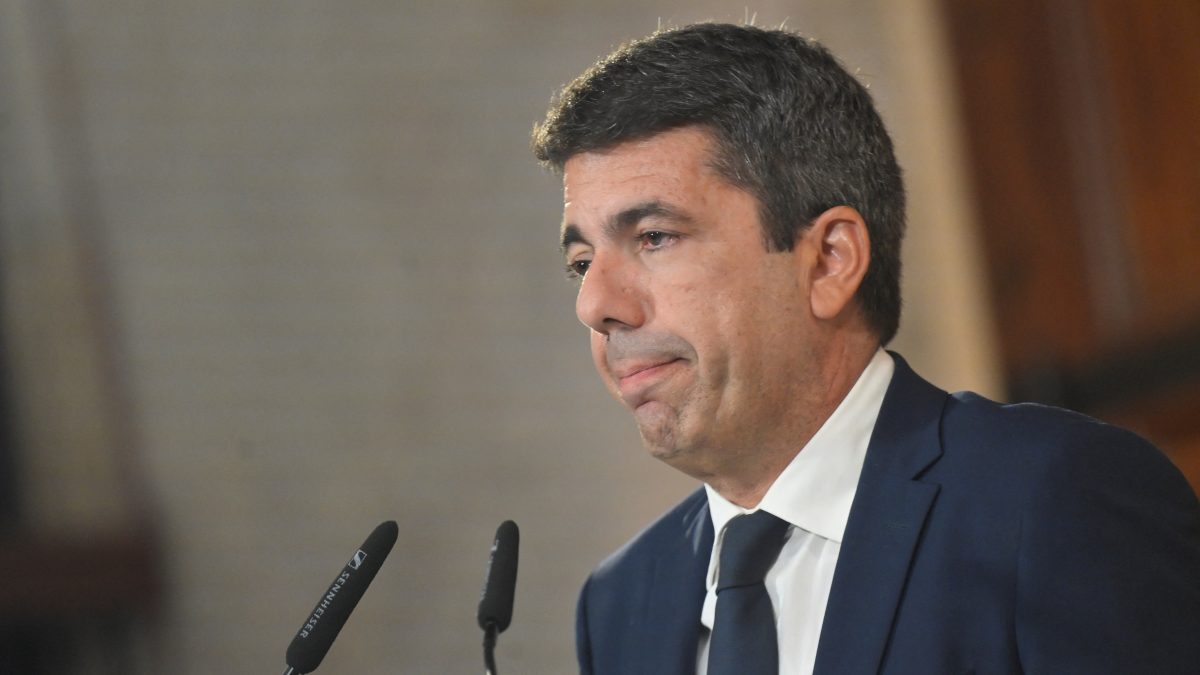)
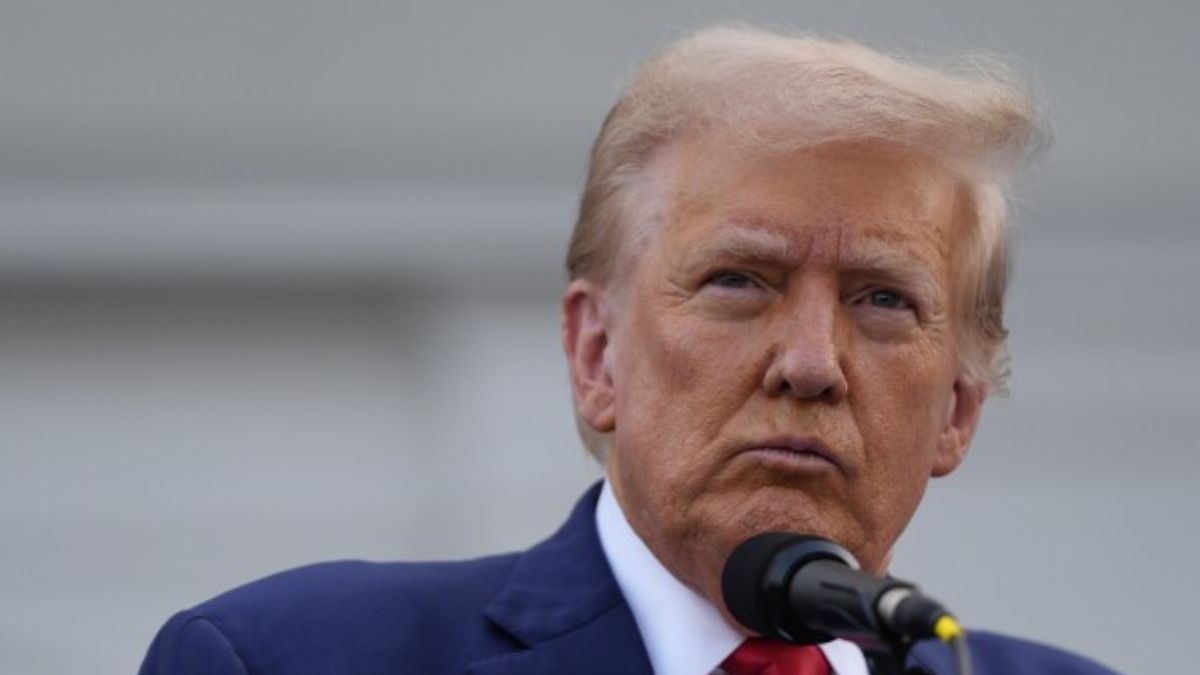)
)



